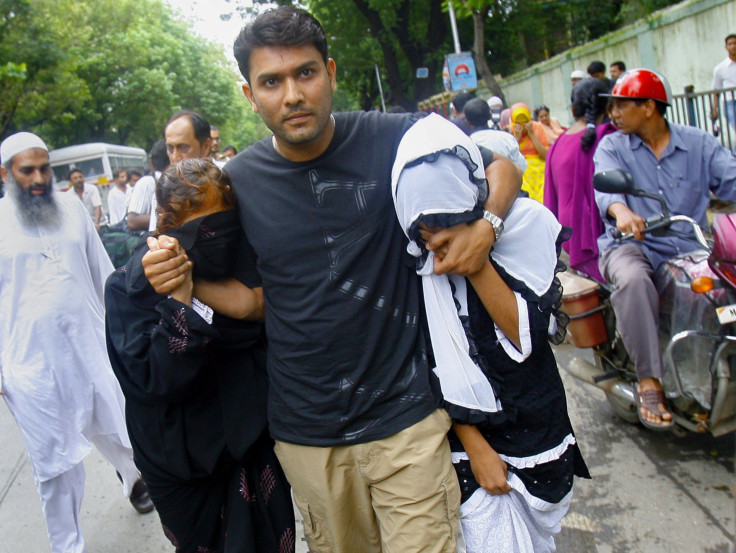Mumbai Bombing 1993: Bomber Yakub Memon Execution Appeal Rejected By India, Hanging Scheduled For July 30

India's top court has denied a mercy plea made by Yakub Memon, one of the defendants convicted of plotting the 1993 Mumbai bombings that killed 257 people. The appeal was the final hurdle that could have prevented Memon’s execution. Indian media reported that Memon is scheduled to be hanged July 30.
In March 1993, Memon and 10 others detonated bombs at the Bombay stock exchange, Air India offices and a luxury hotel. The appeal was Memon’s final legal option, and had already been rejected by India's President Pranab Mukherjee before being denied by the presiding judge, Chief Justice H.L. Dattu, the Times of India reported. Memon, who has been in custody since 1994, denied involvement in the blasts throughout his trial, which concluded in 2003 after eight years.
Mercy plea rejected, Mumbai blasts convict #YakubMemon to be hanged on July 30 http://t.co/JbhZ6mM0e3 pic.twitter.com/jT5wpk5FDs
— Hindustan Times (@htTweets) July 21, 2015The 10 other defendants included Memon’s father, two of his three brothers and a sister-in-law, who also were convicted and sentenced for their roles in the blasts. Yakub Memon, however, is the only one facing execution, as he did not receive a commuted sentence to life imprisonment. All members of the Memon family maintained their innocence throughout their trials.
While recognizing the gravity of Memon’s crimes, human rights advocates say they hope the Indian courts ultimately decide against executing Memon.
“Crimes such as these deserve maximum punishment,” Meenakshi Ganguly, the South Asia director of Human Rights Watch, told Agence France-Presse. “But we believe that the maximum punishment should not be the death penalty because it is inherently inhumane.”
The death penalty is legal in India, but the country rarely carries out executions of death row inmates. Though dozens of convicts in India have been given death sentences, over the last eight years, only two inmates were executed, Quartz reported, citing Amnesty International statistics.
© Copyright IBTimes 2024. All rights reserved.






















